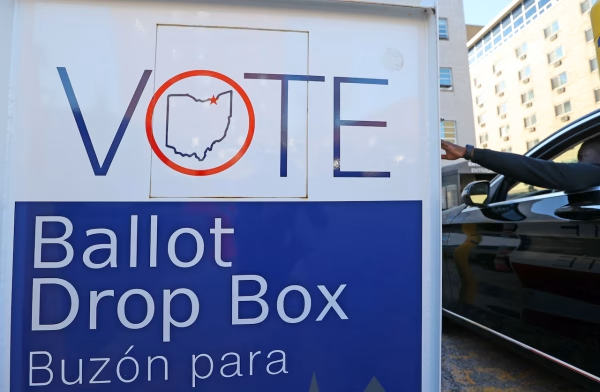ACLU Applauds High Court Decision Permitting Race As a Factor in Drawing Congressional Districts
FOR IMMEDIATE RELEASE
WASHINGTON-- The Supreme Court today upheld the constitutionality of a North Carolina Congressional district that includes a near-majority of black voters, giving more states latitude to consider race in the new round of redistricting following Census 2000.
The American Civil Liberties Union, which filed a friend-of-the-court brief in the case, called the decision a clear win for minority candidates seeking office and the voters who would support them.
""The Court's decision will help to diffuse the claims which many people are too quick to make that you can't take race into account and that all such districts are invalid,"" said Laughlin McDonald, Director of the ACLU's Voting Rights Project in Atlanta, which helps state lawmakers trying to create districts that provide minorities with equal electoral opportunities.
Hunt v. Cromartie was the fourth case in eight years in which the Justices have wrestled with the boundaries of North Carolina's 12th Congressional District, which currently stretches from Charlotte to Greensboro and has a 47 percent black voting age population.
Twice they ruled in favor of white voters who claimed North Carolina lawmakers violated their 14th Amendment rights by drawing the boundaries to include as many blacks as possible.
In the third case, after state lawmakers had taken another stab at redistricting, the Court unanimously sent the matter back to North Carolina for a trial. After trial, the three-judge court, in a divided opinion, held that race had been the predominant, and unconstitutional, factor in drawing the district lines. A majority of the Supreme Court today rejected that analysis.
Justice Stephen Breyer, who authored the majority opinion, said that he relied on evidence presented to the lower court that Democrats who are African-American are less likely to cross party lines than Democrats who are white.
"Hence, a legislature may, by placing reliable Democratic precincts within a district without regard to race, end up with a district containing more heavily African-American precincts," Breyer wrote, "but the reasons would be political rather than racial.""
But the key to today's case, McDonald said, was Justice Sandra Day O'Connor, who had previously ruled against the district and whose vote tipped the balance in favor of the district.
While today's decision is undoubtedly welcome, McDonald noted that the ruling, which relies on specific facts, does not provide a lot of guidance for the state legislatures and federal courts that will soon be dealing with a nationwide round of redistricting. And it does not change Court precedent forcing states to balance the Voting Rights Act's requirement to take race into account and the 14th Amendment proscription against violating any individual's equal rights. ""The standards remain contradictory and confusing,"" he said, ""but we've made progress today nonetheless.""
The cases are James B. Hunt, Jr., v. Martin Cromartie & Alfred Smallwood v. Martin Cromartie, Nos. 99-1864 & 99-1865.
The ACLU legal brief is online at http://archive.aclu.org/court/cromartie.html
The Supreme Court decision is online at http://supct.law.cornell.edu/supct/html/99-1864.ZS.html


